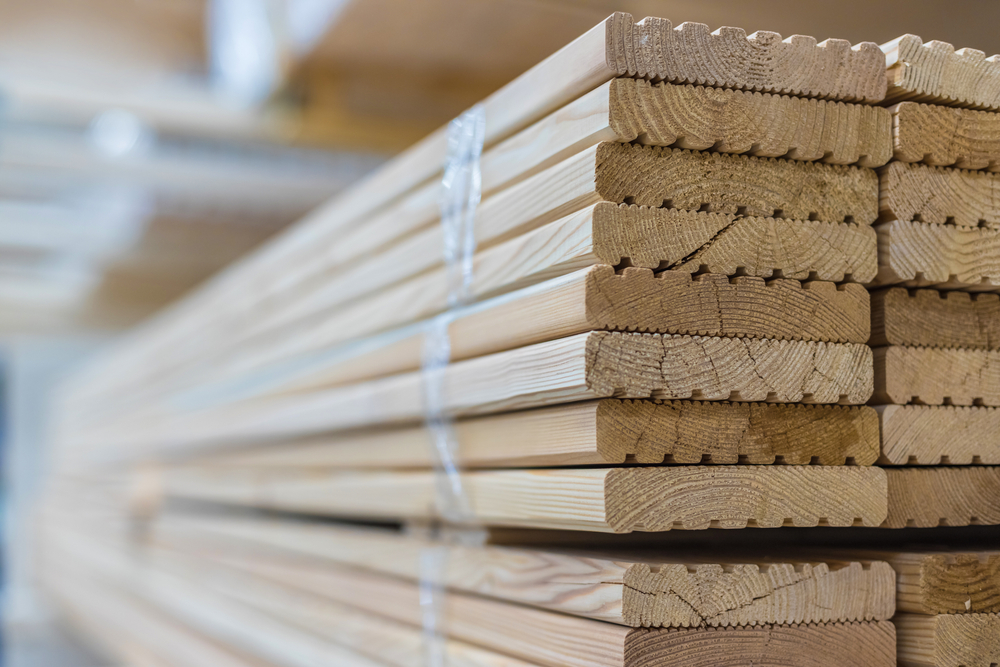Conducted by the YouGov Analysis Institute, the research surveyed over 1000 UK business decision makers in a bid to explore attitudes towards and engagements with the circular economy. It ran online between 30 May and 7 June.
Results revealed “strong positive attitudes towards circular economy in the UK’s construction sector”, with 91% of large construction businesses surveyed citing sustainability as their “top business priority”.
It also pointed out that over half (60%) of the construction businesses surveyed participate in the circular economy. Additionally, over two thirds (70%) of those surveyed view the circular economy as important to their day-to-day business, with this figure rose to 76% amongst large businesses. Moreover, 9 in 10 of the large construction businesses surveyed said they have a sustainability strategy, which the research explained was more than their peers questioned in retail, hospitality and manufacturing.
Challenges
Waste management was highlighted as “key to being a sustainable business” by 92% of all construction businesses surveyed, tying with retail as the sector that recognises its positive environmental impact most.
However, the survey also pointed out the challenges that the construction sector is still facing. While large businesses support sustainability as a business priority, it outlined that the responses from small and medium enterprises are lower.
In comparison, 52% of small businesses and 58% of medium-sized businesses identified sustainability as a business priority, according to the findings. This results in a sector average of 77% of those surveyed, with sustainability ranked fifth among 7 different business priorities and cost efficiency (90%) and revenue growth (84%) coming first.
Similarly to other sectors surveyed, cost was listed as the construction sector’s “primary barrier to sustainability”.
Also identified as key challenges amongst the surveyed were a lack of infrastructure (29%) and conflict with other business priorities (27%). And, more than a third (34%) of construction businesses surveyed noted financial incentives as “essential” to supporting their sustainable efforts, alongside access to technology (31%) and clearer legislation (29%).
Recommendations
For practical advice, Biffa pointed to a recently published report titled ‘Packaging Optimisation in the Housebuilding Sector’. It was written by the Waste & Resource Use Leadership Group of the Supply Chain Sustainability School and developed with expert contributions, including from the company.
Some of the advice suggests questioning if packaging is needed at all, especially plastic wrap and optimising wrap use by minimising thickness, specifying LDPE or LLDPE using at least 30% recycled content and avoiding excessive use of branding, inks and stickers.
Other recommendations include switching from plastic and expanded polystyrene to cardboard or pulp for packaging elements which protect products and ensuring all containers are sized appropriately to reduce the need to pack out additional space. The full report can be accessed here.
Roger Wright, waste strategy & packaging manager at Biffa, commented: “In the recent past, a focus on sustainable packaging development has been in food retail, however it’s great to see housebuilding finally getting shown the love and attention it deserves in this area. The challenges and opportunities for sustainable packaging in such a sector are no less important or significant than any other, with some brilliant businesses turning insights into action!”











Subscribe for free